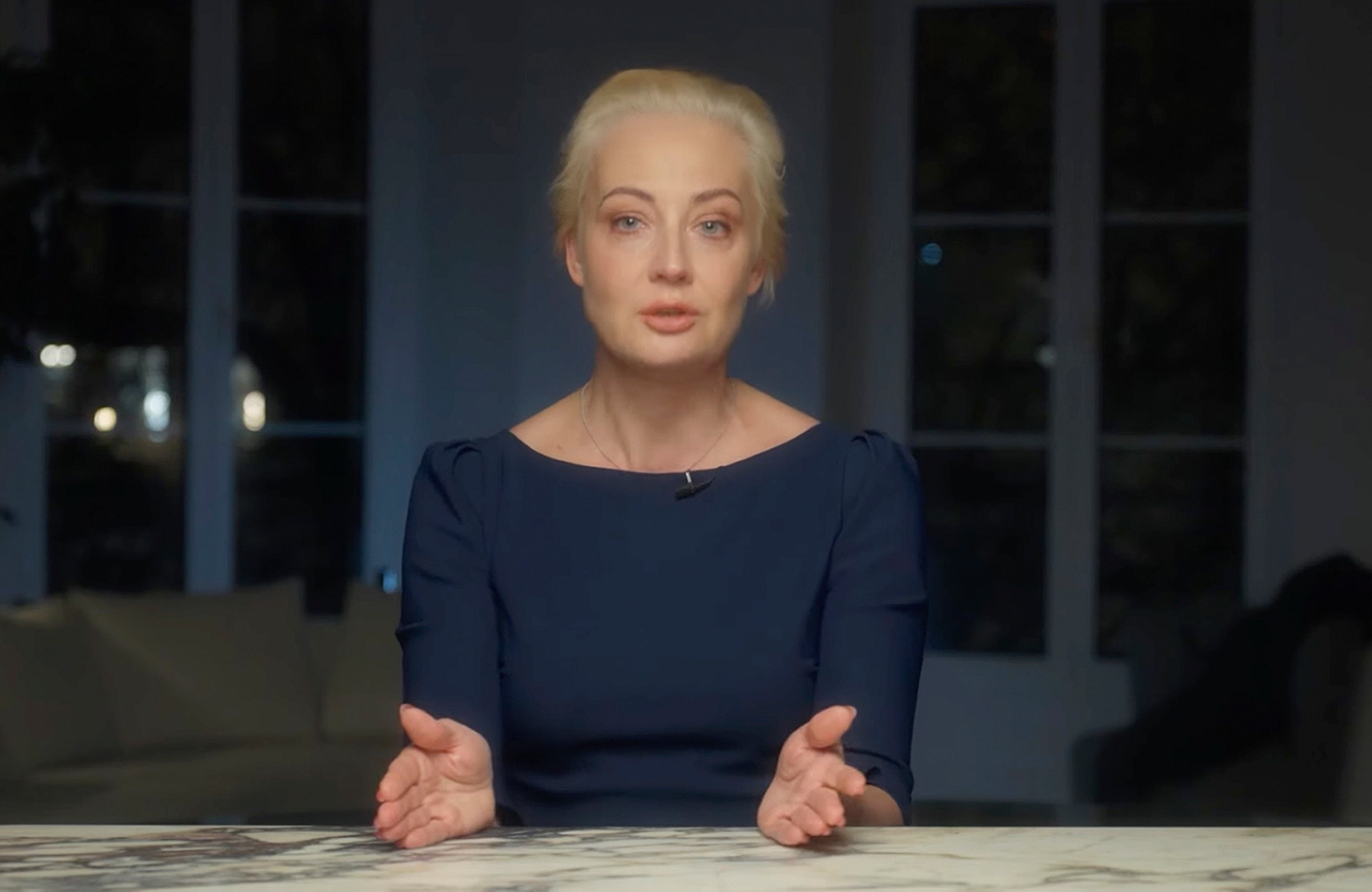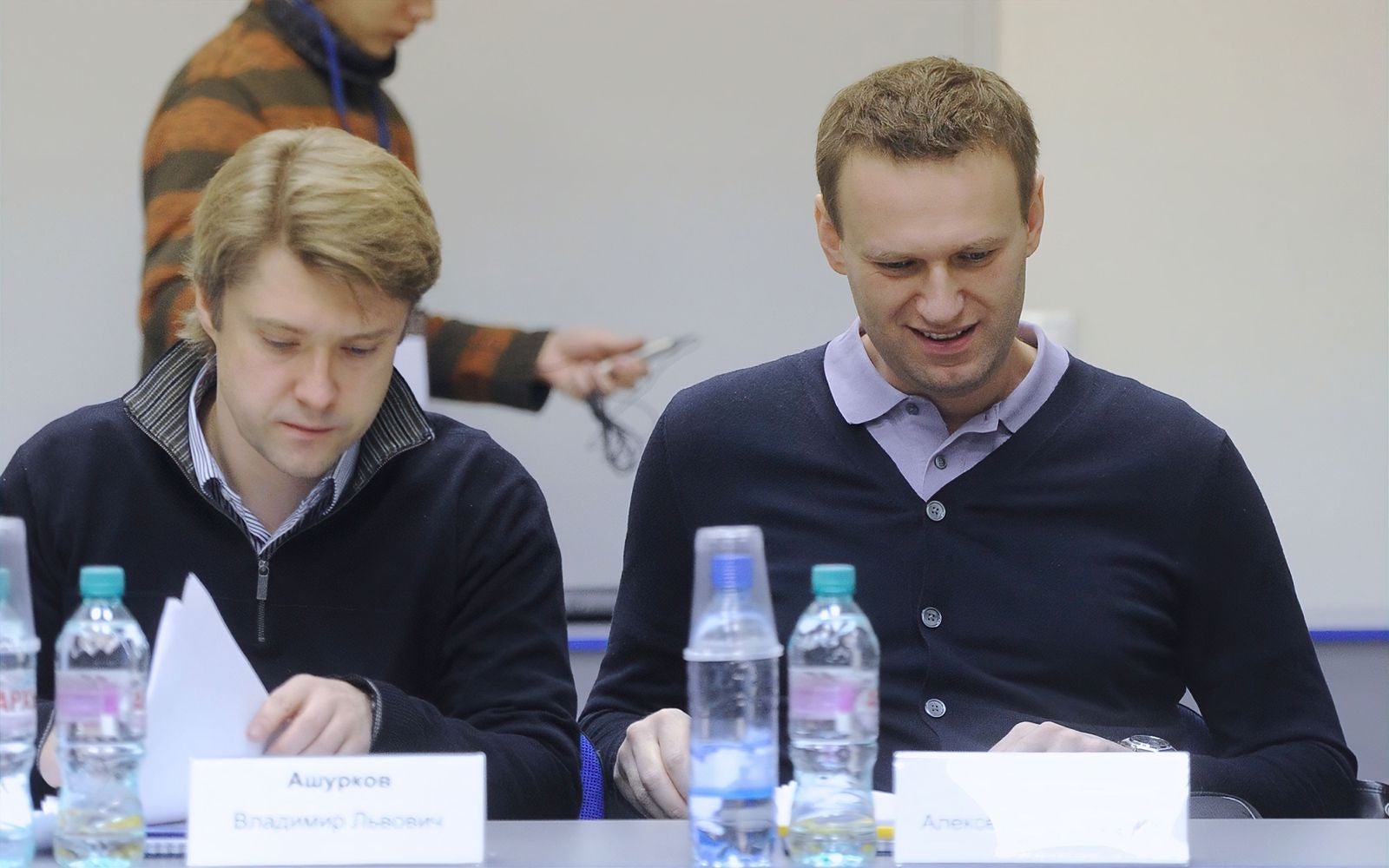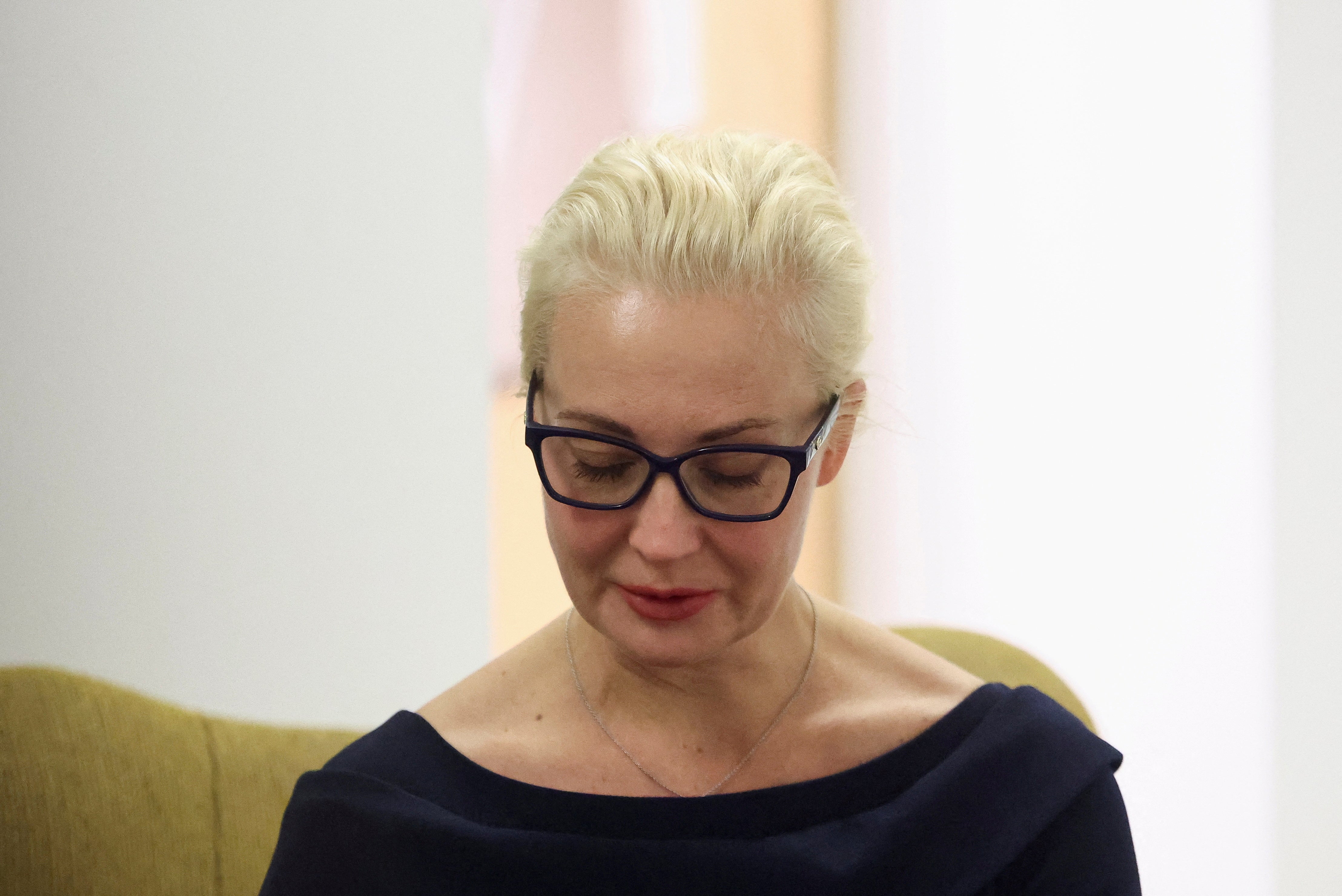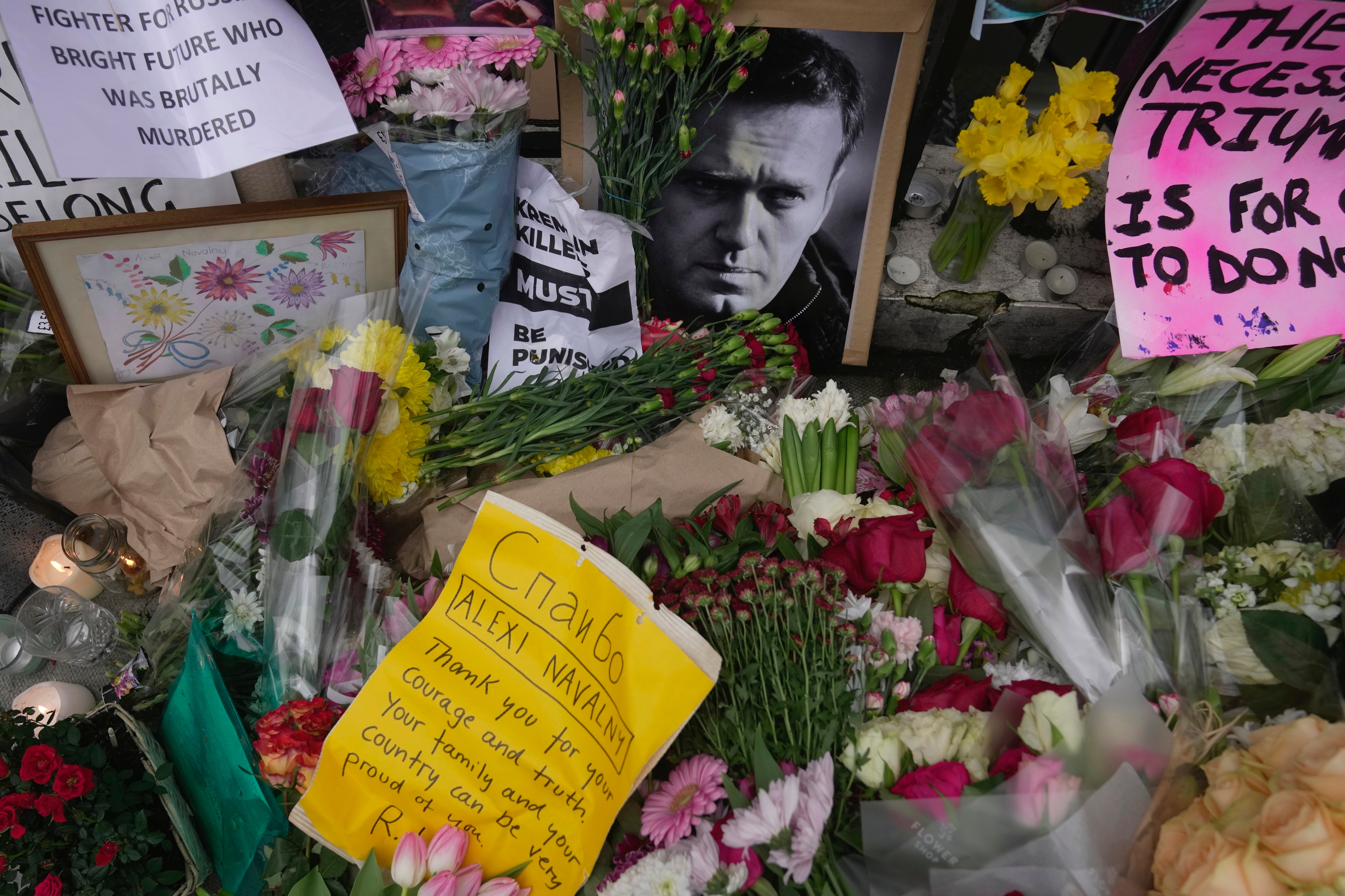Navalny’s widow Yulia is the leader we need after his cold-blooded murder, says key ally of Putin critic
Vladimir Ashurkov founded the Russian Anti-Corruption Foundation with Alexei Navalny in 2012
Your support helps us to tell the story
From reproductive rights to climate change to Big Tech, The Independent is on the ground when the story is developing. Whether it's investigating the financials of Elon Musk's pro-Trump PAC or producing our latest documentary, 'The A Word', which shines a light on the American women fighting for reproductive rights, we know how important it is to parse out the facts from the messaging.
At such a critical moment in US history, we need reporters on the ground. Your donation allows us to keep sending journalists to speak to both sides of the story.
The Independent is trusted by Americans across the entire political spectrum. And unlike many other quality news outlets, we choose not to lock Americans out of our reporting and analysis with paywalls. We believe quality journalism should be available to everyone, paid for by those who can afford it.
Your support makes all the difference.The widow of Alexei Navalny is the leader that Russia’s opposition needs after his “cold-blooder murder”, a key ally of the Putin critic said.
Director of Navalny’s Anti-Corruption Foundation Vladimir Ashurkov said Yulia Navalnaya was her husband’s “rock” throughout his career and it was quite natural she would carry on his work.
Navalny, 47, died in an Arctic penal colony last week in what Ms Navalnaya claimed was a novichok poisoning. The Kremlin has denied any involvement in his death.

“Yulia has been the rock on which Navalny has been standing throughout his political career. She is a very strong lady and it is quite natural that she decided to carry his torch of trying to bring freedom and the rule of law to Russia,” Mr Ashurkov told The Independent.
“Everything is very raw and fresh and painful but her initial statements addressed to a Russian and European audience showed her strong resolve and leadership. Yulia is the type of leader that is needed in this situation.”
On Monday, Ms Navalnaya vowed to continue her husband’s work and urged Russians to share her “rage, fury, anger and hatred” for Putin’s regime.

“I will continue Alexei Navalny’s work. I want to live in a free Russia, I want to build a free Russia,” Ms Navalnaya said in a powerful nine-minute video published on social media.
“I call on you to stand with me. To share not only grief and endless pain. I ask you to share with me the rage. The fury, anger, hatred for those who dare to kill our future.”
Mr Ashurkov met Navalny in 2010 and established the Russian Anti-Corruption Foundation two years later, where he became a long-term friend and associate of the dissident.

He added that Navalny’s death was a “complete shock” to those who knew him and the Russian opposition believed he was indestructible.
“He had such a standing that we really believed he was indestructible despite all the struggles and risks. It is a tragic loss. It was a cold-blooded murder by Putin and his clique,” Mr Ashurkov said.
“Even from the harsh conditions of Russian prisons he was sending words of truth, he was speaking against the Ukraine war, Putin’s tyranny and providing words of inspiration and courage to democratically-oriented Russians.”
His mother Lyudmila Navalnaya also filed a lawsuit at a court in the Arctic city of Salekhard on Wednesday contesting officials’ refusal to release her son’s body.
Floral tributes that Navalnaya had left a day earlier at the town’s memorial to the victims of repression had been cleared away overnight, while several police officers continued to keep watch close to the monument.

More than 75,000 people have submitted requests to the government asking for Navalny’s remains to be handed over to his relatives, according to human rights group OVD-Info.
In early December last year, Navalny disappeared from a central Russian prison where he was serving a two-decade sentence on extremism and fraud charges, that supporters and the international community claimed were trumped up.
It then emerged three weeks later that he had been transferred to the IK-3 prison camp in Kharp, about 1,900km (1,200 miles) northeast of Moscow, where temperatures drop as low as -30C.
Navalny said he was forced to endure forced injections of unknown drugs, solitary confinement and constant pro-Putin propaganda since he was jailed upon his return to Russia in 2021 from Germany, where he had life-saving treatment for nerve agent poisoning.

Join our commenting forum
Join thought-provoking conversations, follow other Independent readers and see their replies
Comments